Why Do I Feel Sad After Hanging Out With Friends? 10 Reasons
The unexpected melancholy that descends after a seemingly joyous social gathering can be perplexing in the intricate tapestry of human emotions.
We often anticipate happiness and connection when spending time with friends, yet some struggle with an unexpected wave of sadness.
This phenomenon raises many questions: why do I feel sad after hanging out with friends?
To demystify this complex dynamic landscape, we explore 10 reasons behind post-socializing sadness, providing insights and potential solutions for those seeking a deeper understanding of their emotional experiences.
Why Do I Feel Sad After Hanging Out With Friends? Here Are The Reasons
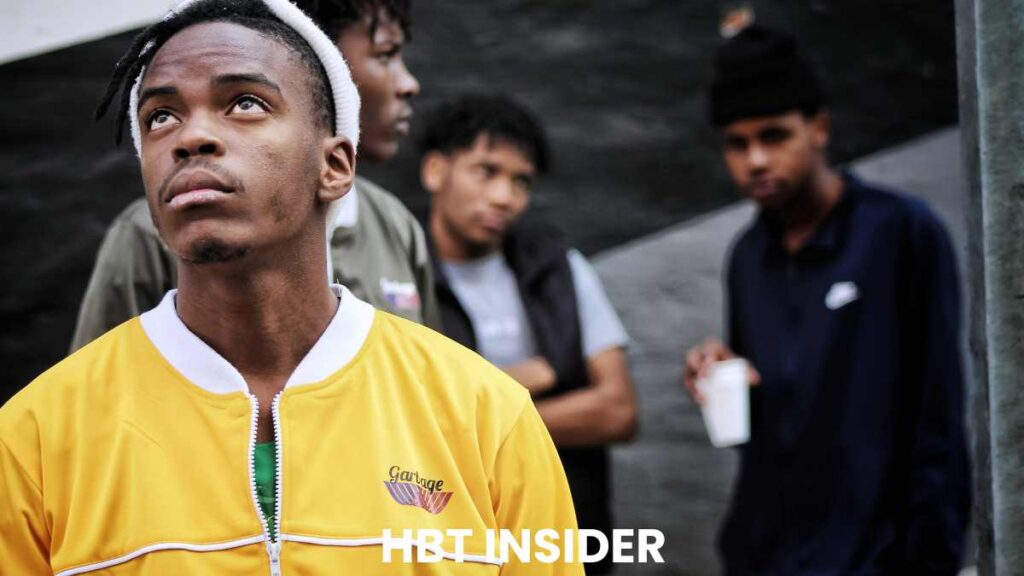
Navigating the intricate landscape of social interactions, the enigma of post-socializing sadness unveils itself for ten reasons.
Understanding these facets sheds light on the complexity of our emotional tapestry and teenage life.
1. Social Exhaustion
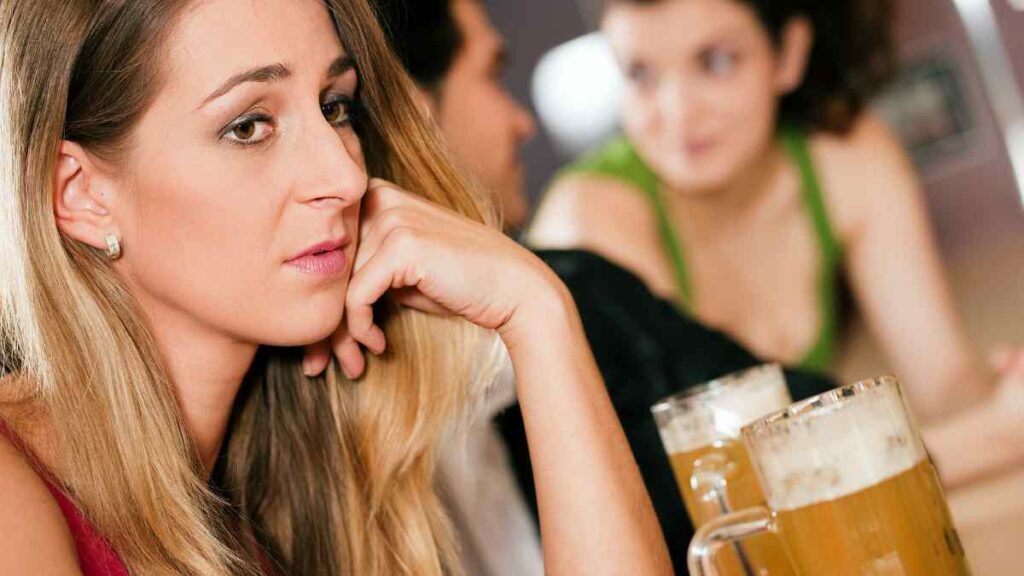
Social exhaustion stems from the energy expended during social interactions, particularly for introverts.
While extroverts thrive on socializing, introverts recharge in solitude. Extended periods of socializing can leave introverts emotionally fatigued, triggering a post-socializing sadness.
The need for alone time to rejuvenate becomes essential, and failing to recognize this may lead to emotional burnout.
Introverts must strike a balance, ensuring they allocate time for self-care and introspection after social gatherings.
2. Unmet Expectations

Expectations play a pivotal role in shaping our emotional experiences. When expectations for a social event exceed reality, disappointment ensues.
High hopes for profound connections or uplifting experiences may clash with the actual dynamics of the gathering.
This dissonance can evoke sadness, emphasizing the importance of realistically managing expectations.
Being mindful of the present moment and appreciating interactions for what they are can mitigate the impact of unmet expectations on post-socializing emotions.
3. Feeling Misunderstood

The essence of socializing lies in connection and understanding.
A sense of isolation can manifest when thoughts or emotions aren’t accurately grasped in a group setting.
Feeling misunderstood, even amidst friends, creates emotional dissonance.
This discrepancy can linger after the social interaction, leaving individuals grappling with a profound sadness and a longing for genuine understanding.
4. Comparisons And Envy
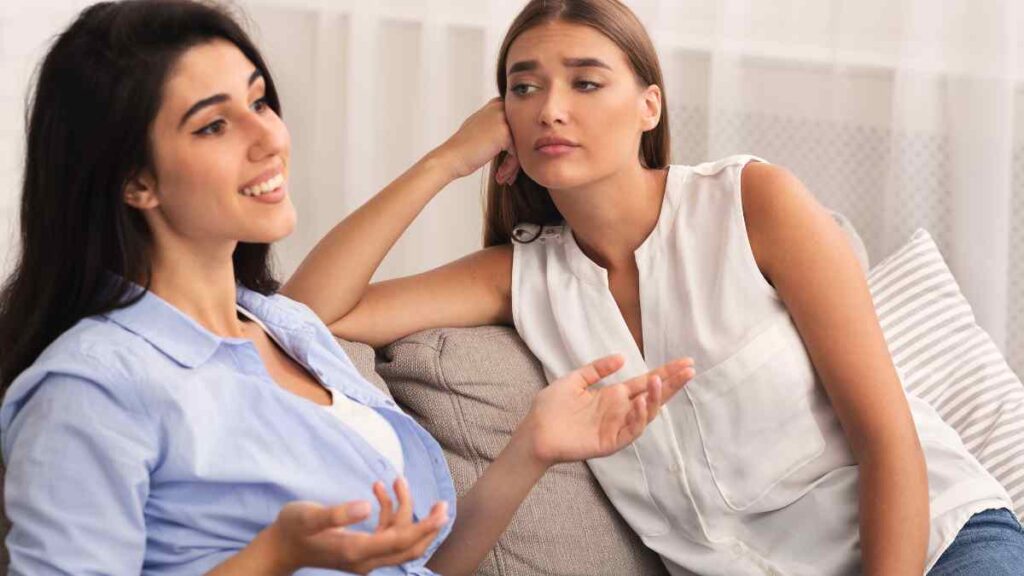
Social gatherings sometimes become breeding grounds for comparison, fueling envy and discontent.
Observing others’ achievements or seemingly perfect lives may trigger feelings of inadequacy.
This social comparison can shadow the moment’s joy, culminating in post-socializing sadness.
Cultivating self-compassion and appreciating individual journeys can alleviate the impact of contrast, fostering a healthier emotional response to social interactions.
5. Unresolved Personal Issues
Carrying unresolved personal problems into social settings can significantly impact emotional well-being.
Lingering conflicts or distressing issues may surface during interactions with friends, overshadowing the expected joy.
Addressing personal matters and seeking resolution before engaging in social activities can mitigate the risk of these unresolved issues influencing post-socializing emotions.
6. Introversion Vs. Extroversion

The dichotomy between introversion and extroversion plays a pivotal role in post-socializing emotions.
Introverts, who thrive in solitude, may feel drained after prolonged social exposure.
Recognizing and honouring one’s natural inclination toward introversion is essential for maintaining emotional equilibrium.
Striking a balance between social engagement and the need for solitude is crucial to prevent post-socializing sadness.
7. Pressure To Conform
The inherent need to conform to social norms or expectations within a group setting can induce discomfort.
Suppressing one’s authentic self to fit societal expectations during social interactions may lead to internal conflict.
This incongruence can contribute to post-socializing sadness as individuals grapple with the tension between conformity and authenticity.
8. Fear of Rejection
The fear of rejection or judgment from friends can cast a looming shadow over social gatherings.
Anxious thoughts about acceptance or concern about potential criticism may infiltrate the moment’s enjoyment.
Addressing and challenging these fears through open communication with friends can alleviate the emotional toll of the fear of rejection during and after socializing.
9. Lack of Genuine Connection

Superficial interactions lacking depth and authenticity can leave individuals feeling fulfilled.
Genuine connections are the lifeblood of meaningful social experiences. If interactions lack substance or fail to create a sense of connection, post-socializing sadness may ensue.
Fostering deeper connections through open communication and shared experiences can enhance the emotional richness of social interactions.
10. Existential Reflection
Intimate social gatherings sometimes act as catalysts for existential reflection.
Thoughts about life’s purpose, personal goals, and the transient nature of existence may surface.
While such contemplation can be enriching, it may also evoke a sense of melancholy, particularly if the reflections lead to existential uncertainty.
Balancing the profundity of existential thoughts with a positive perspective can mitigate the post-socializing emotional impact tied to existential reflections.
Frequently Asked Questions (FAQs)
Is it normal to feel sad after socializing, or should I be concerned?
It’s normal to experience a range of emotions after socializing. However, persistent and intense sadness may warrant further exploration, and seeking support from friends or professionals can be beneficial.
Can introverts ever truly enjoy socializing without feeling sad afterwards?
Introverts can enjoy socializing but may need to balance it with periods of solitude to recharge. Finding a comfortable balance and understanding personal limits is crucial for introverts.
How to express feelings to friends without tension?
Open and honest communication is vital. Choose an appropriate time to express your feelings, use “I” statements to convey your experience, and emphasize your desire to strengthen the relationship rather than placing blame.
Conclusion
That’s the end of why do I feel sad after hanging out with friends.
The perplexing interplay between social interactions and post-socializing sadness unfolds in the labyrinth of human emotions.
Understanding the nuanced reasons behind these emotions is crucial for fostering healthier connections and promoting emotional well-being.
By acknowledging the various factors that contribute to the enigma of feeling sad after hanging out with friends, individuals can embark on a journey of self-discovery and cultivate more fulfilling social experiences.
Embracing authenticity, open communication, and self-compassion can pave the way for a more prosperous, more emotionally satisfying social life.

Sarah J.
Sarah J. is a youth mentor and educator passionate about supporting teenagers as they navigate the challenges of adolescence. She provides guidance and practical tips for teens facing issues related to identity, peer pressure, and relationships in the Teenage Talk section.


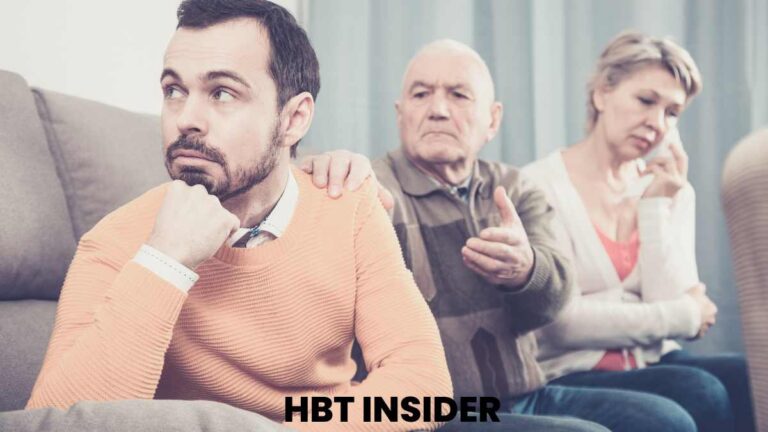
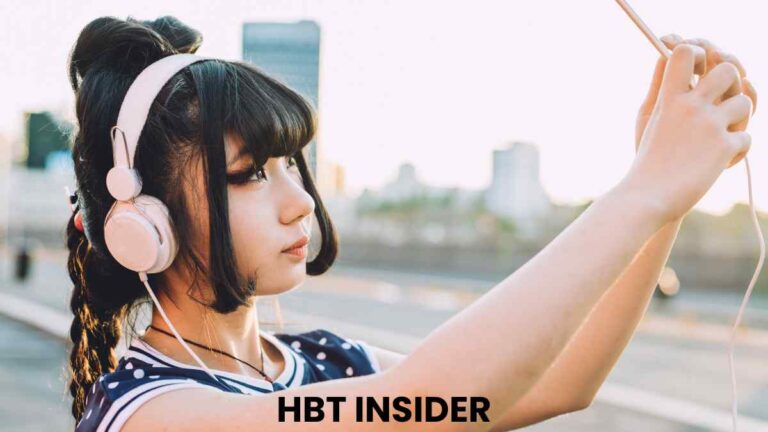




I feel a deep connection with this article. It accurately describes the complex emotions I often struggle with after social events. It’s comforting to know that others experience similar feelings. This article is a reminder to prioritize balance and authenticity in relationships.